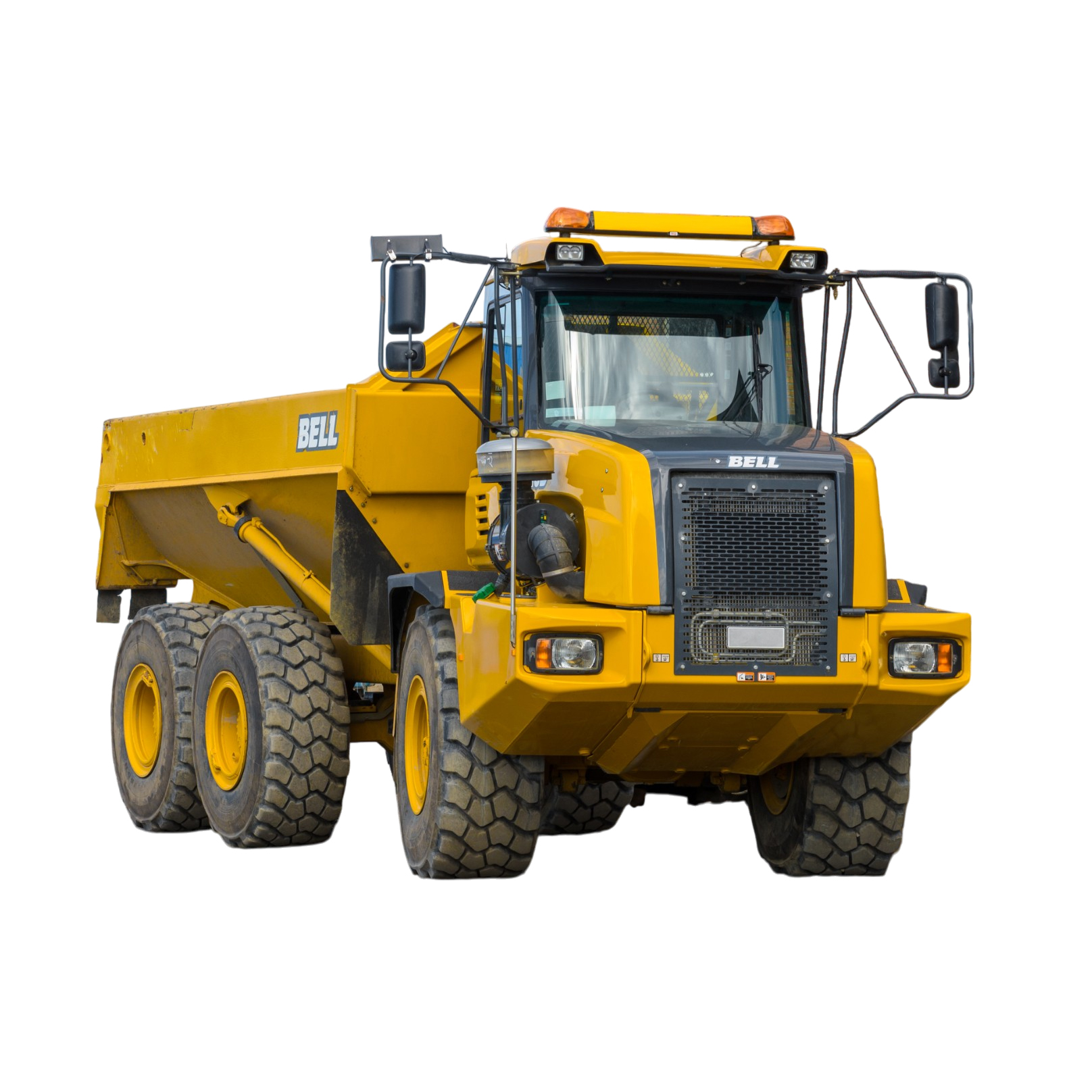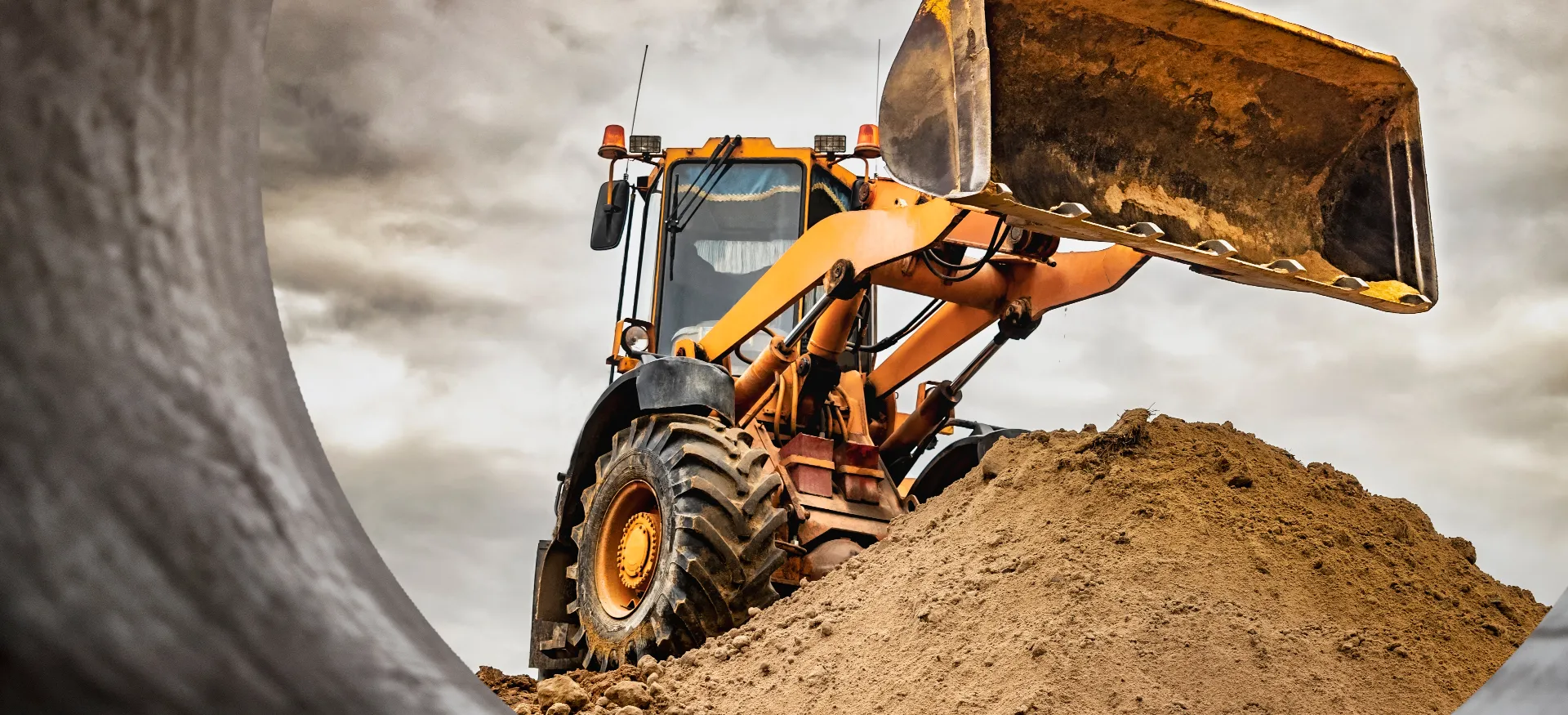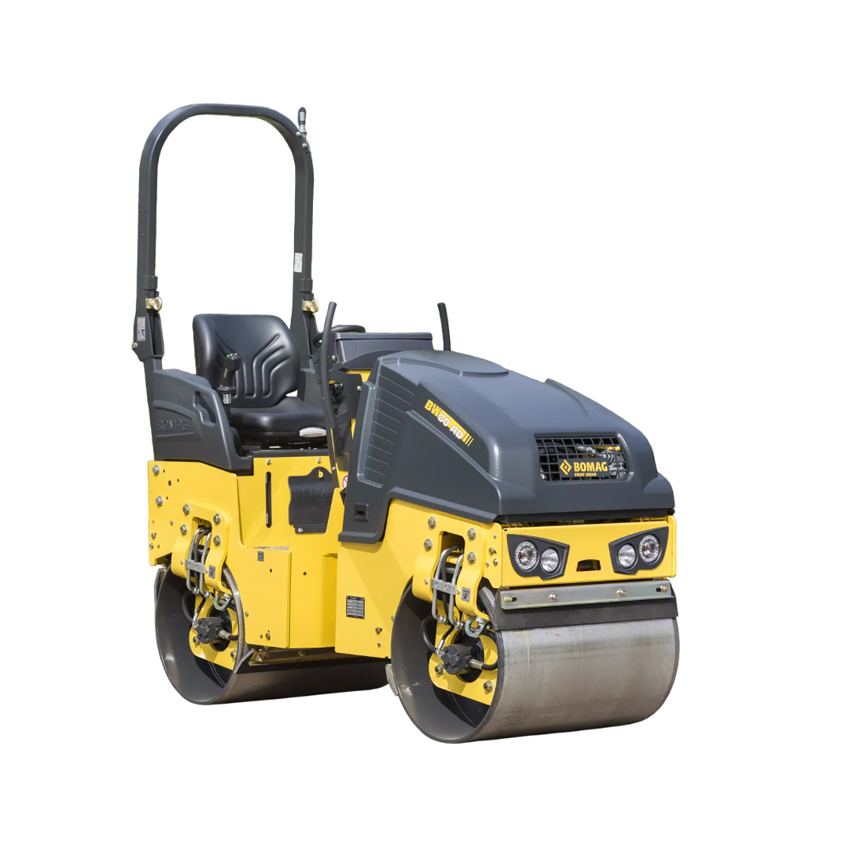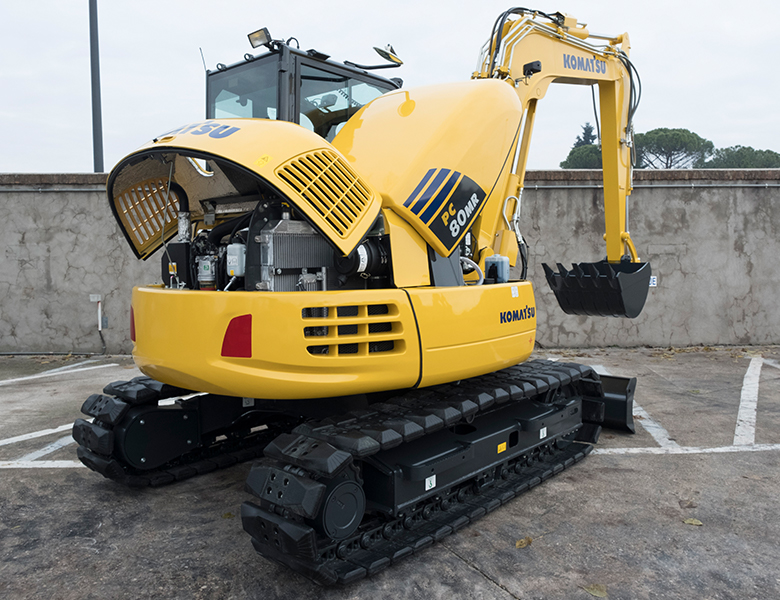
Choosing the right plant equipment hire service keeps projects moving, budgets under control, and teams focused on the work that matters. From major earthworks to tight-access landscaping, hiring gives you the exact machine you need, when you need it, without the cost of ownership. At Aylsham Plant Solutions, we support projects across East Anglia with a modern plant hire fleet and dependable delivery.
What plant equipment hire actually includes
Plant equipment hire covers the supply of heavy and compact machinery with flexible terms, plus the support that keeps that equipment productive. On one job, you might need a bulldozer for heavy grading, an excavator for trenching, and dumpers for moving spoil. Our plant hire hub shows the range at a glance so you can plan by phase and book with confidence.
Why hiring beats buying for most projects
Buying a machine locks up capital and introduces storage, maintenance, and depreciation costs. Hiring turns that burden into a predictable line on the project budget. You book the right machine for the window you need, then return it the moment the task finishes. Your team works with newer, better-maintained equipment more often, which improves uptime and productivity.
Core machines available through plant equipment hire
Bulldozers for heavy pushing and grading. Dozers prepare platforms, reshape ground, and speed up early-stage earthworks. See how we deploy bulldozers on large builds to keep projects on track.
Excavators for digging and lifting. From deep foundations to utility trenches, excavators handle heavy digging and much of the lifting. If you’re programming long-running works, our excavator hire for construction contracts page can help you match size to scope.
Telehandlers for handling at height. When you need reach and stability for pallets, packs, and materials, hiring a telehandler keeps lifting safe and efficient.
Dumpers for moving materials. Tight sites benefit from 1-tonne dumpers; larger platforms often need 6-tonne dumpers.
Right-sized diggers for access. Where access is limited, mini excavators provide precision with less disruption. For heavier groundworks, the 21–25-tonne excavators bring the power and reach to maintain pace.
Operated vs self-drive: which is right?
Self-drive suits teams with qualified drivers. If you need guaranteed output from day one, operated plant hire adds a trained operator who works efficiently and safely from the first hour on site. Many clients choose operated hire for time-critical phases, then switch to self-drive once the programme stabilises.
Delivery, collection, and site logistics
Heavy kit only helps if it arrives on time and leaves promptly. Our haulage service coordinates delivery to match your schedule and site access, then collects quickly when the phase ends. That frees space, reduces congestion, and keeps your compound tidy.
How to choose the right machine for your project
Start with the task and the constraint:
- Material and volume. Estimate the cubic metres to move and the push distance.
- Access and ground conditions. Confined estates and gardens favour mini excavators and 1-tonne dumpers; soft ground calls for tracked machines.
- Lift, reach, or push? If you mainly lift packs to height, a telehandler is more efficient than a digger with improvised forks.
- Duration and phasing. Book machines to align with work fronts and switch sizes as the site opens up.
If in doubt, speak to us early. We’ll recommend a specification and a hire window that fits your programme.
Example schedule for a typical build
- Site strip and platform: Bulldozer hire plus mid-size excavator; 6-tonne dumper hire on haul routes.
- Foundations and services: 21–25t excavator for depth and reach; mini excavator for tight corners.
- Frame and materials: Telehandler hire for lifts to height.
- Backfill and landscaping: 1-tonne dumper plus mini excavator for quick finishing.
Benefits of local plant equipment hire
Choosing a local supplier like Aylsham Plant Solutions offers advantages beyond machinery. Delivery distances are shorter, so equipment arrives faster and with less fuel use. Local hire also means quicker swaps if you need to change machines mid-project. Most importantly, you deal with a team that understands regional ground conditions and site challenges. By keeping plant equipment hire local, you reduce downtime and keep support close at hand.
Avoiding downtime with plant equipment hire
Breakdowns cost time and budget. We maintain every machine rigorously and check it before dispatch. If something interrupts progress, our team supports you with troubleshooting and fast swaps so crews stay productive. You can also combine machines from our plant hire range under a single order to reduce admin and coordinate delivery.
Safety and compliance built in
A well-maintained plant, correct specifications, and competent operation reduce risk. Our operated option gives you trained operators; our self-drive option comes with clear guidance. If your programme includes complex lifts, we’ll advise on attachments or alternate machines that improve control and visibility.
Sustainability and fuel efficiency
Newer machines reduce fuel burn and emissions while improving output. By hiring, you benefit from those improvements without buying new kit. Right-sizing matters too: a machine that’s slightly too small runs longer; a machine that’s far too large wastes fuel at idle.
Common mistakes to avoid with plant equipment hire
- Over-hiring early. Don’t book everything for week one—sequence by work front instead.
- Under-specifying dumpers. Too small, and cycle time kills productivity; too big, and access becomes the problem. Use the 1-tonne and 6-tonne dumper pages to compare capacities.
- Using the wrong lift tool. A telehandler is built for palletised loads and reach.
FAQs about plant equipment hire
How long can I hire plant equipment for?
Hire periods are flexible. You can book for a single day, a week, or extend for the full project. Many contractors adjust terms as work progresses.
Do I need insurance for hired equipment?
Yes, you’ll need to make sure the plant is covered while on your site. If you’re unsure, our team can advise on hire cover options and requirements.
Ready to plan your next hire?
If you need a quick overview of what’s available, start with our plant hire range and shortlist machines by task. For time-critical stages, consider operated plant hire to lock in output. When timing is tight, coordinate delivery with our haulage team so machines arrive exactly when your crew is ready. Finally, talk to us about your build and we’ll put together a tailored schedule that fits your budget and timeline.
For quotes and availability, Contact Us.
Related Posts








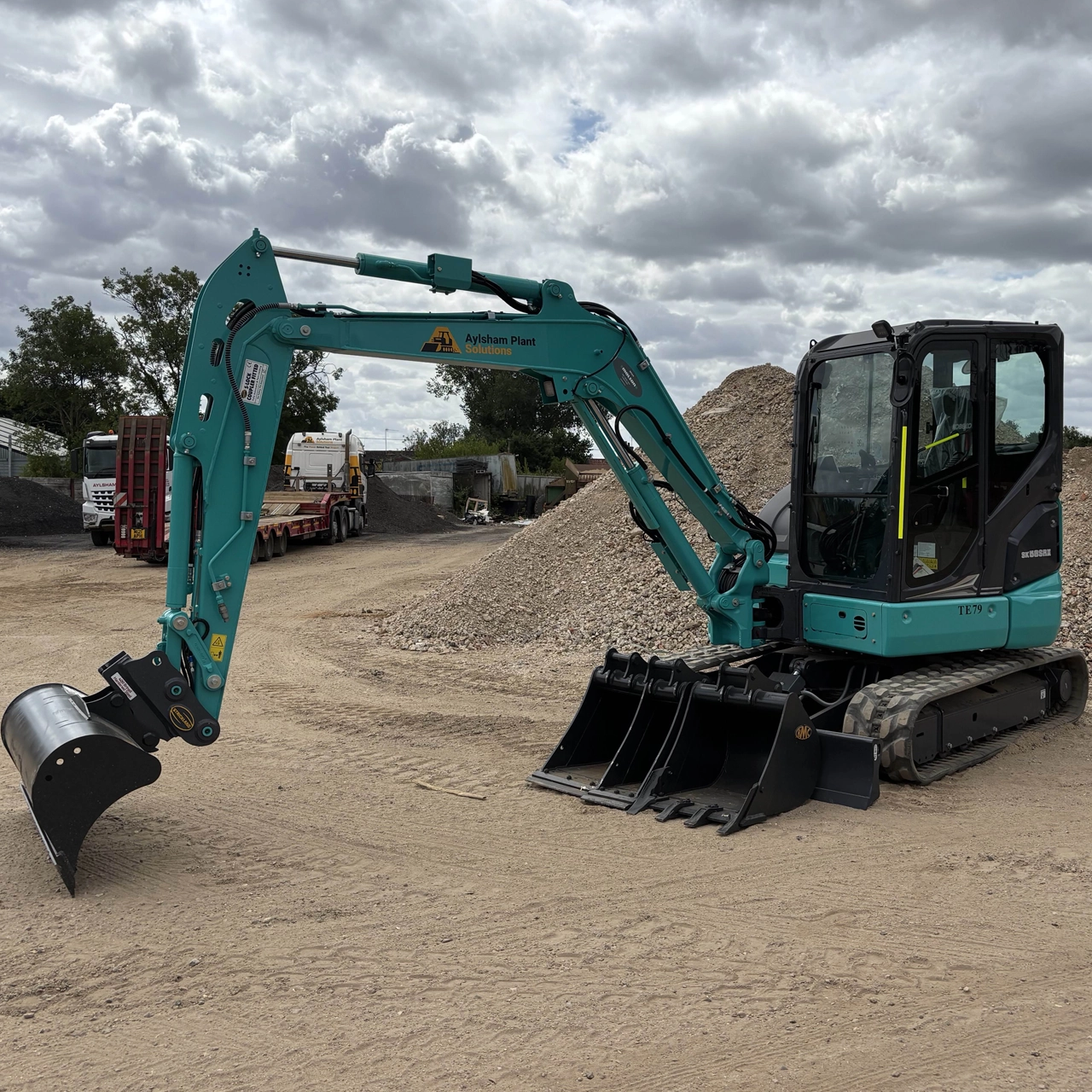
Why Groundwork Contractors Rely on Plant Hire for Every Stage of Construction
